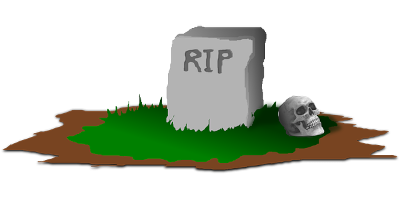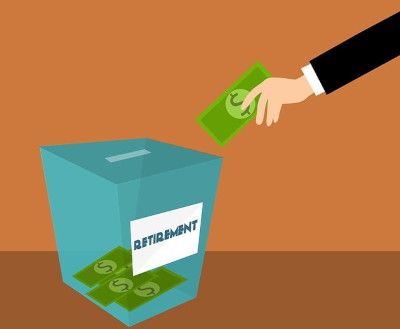Amherst, NH Resident Begins to Worry
In many situations filing for a tax extension is a very smart move, particularly with the April tax deadline looming. It is important that your tax return be complete and error-free. Tax filers that need more time to prepare the documents and gather their numbers may find it advantageous to file an extension rather than scrambling at the last minute to piece everything together, putting themselves at risk for making an error. This is particularly true if you want to seek the advice of a tax professional. Giving yourself, and your tax preparer more time, can make sure your paperwork is filed properly.









